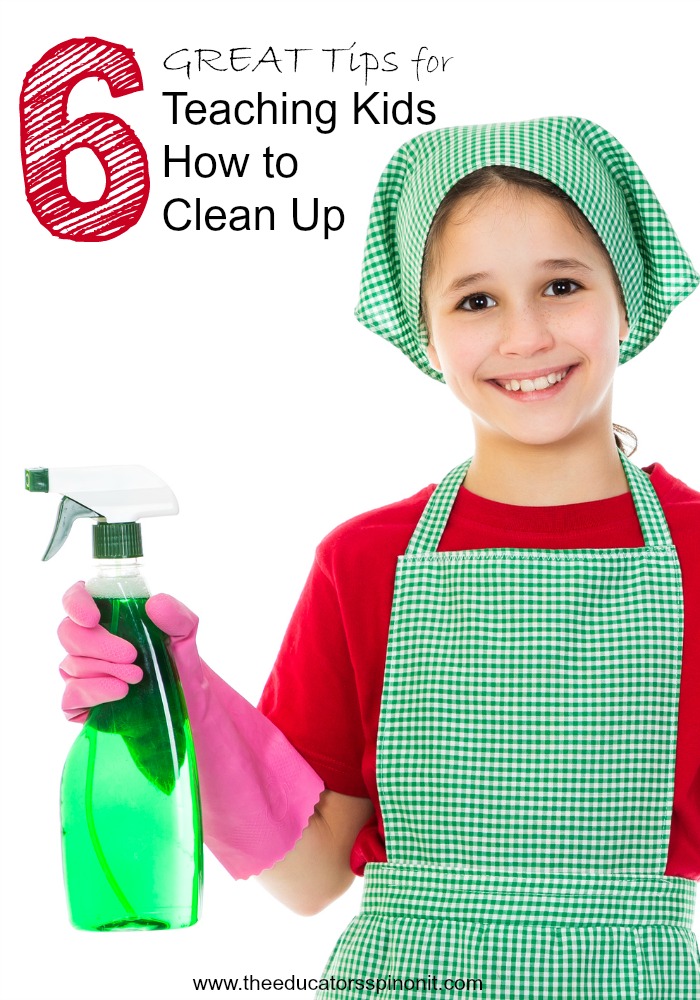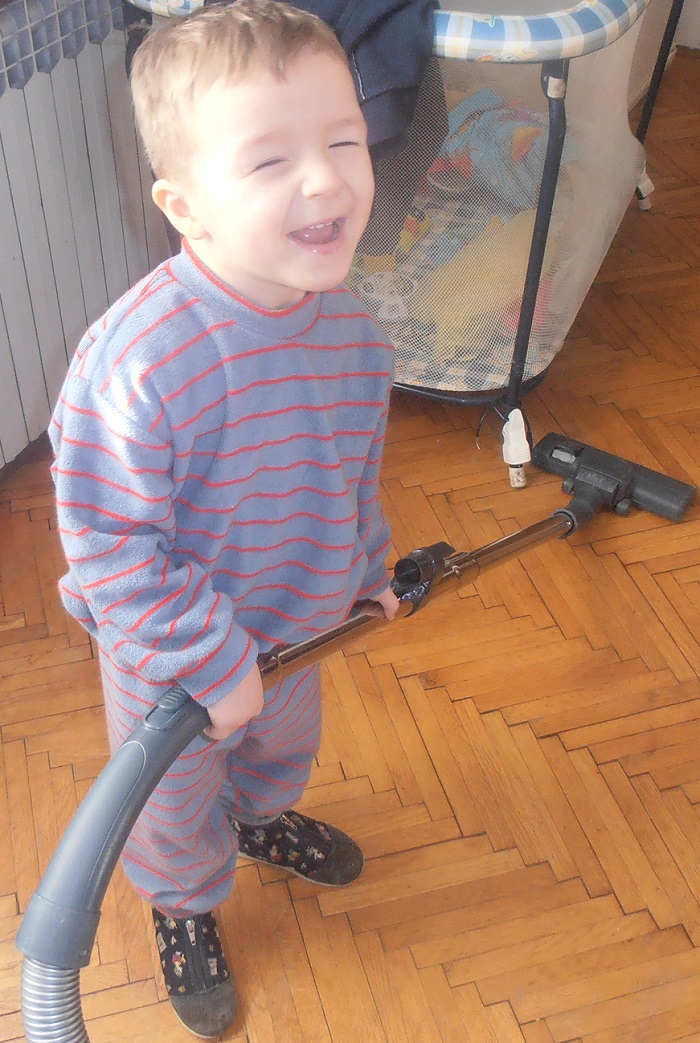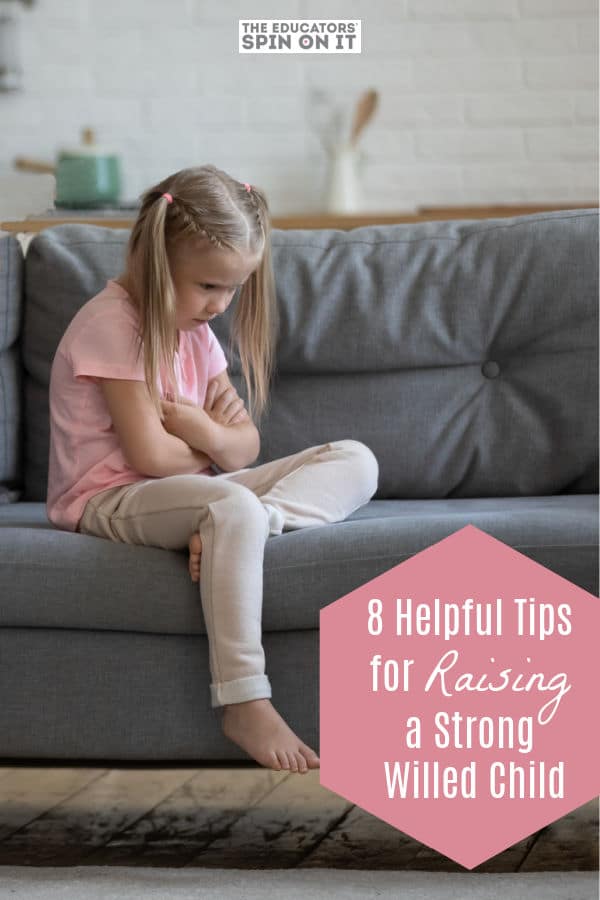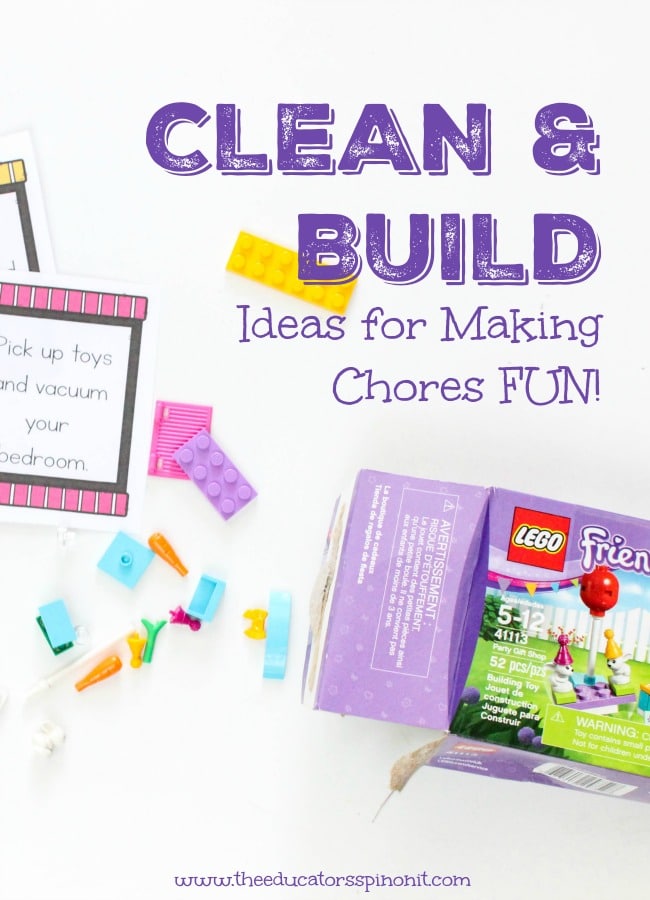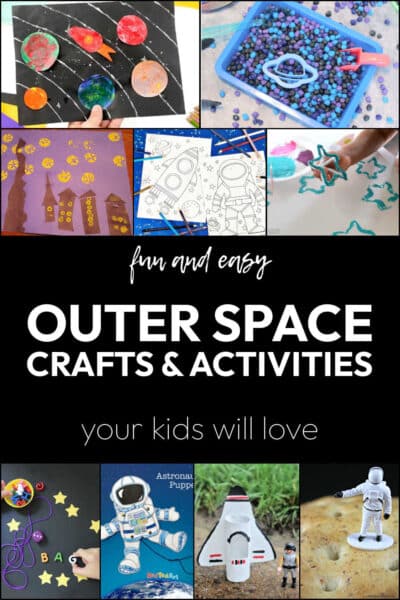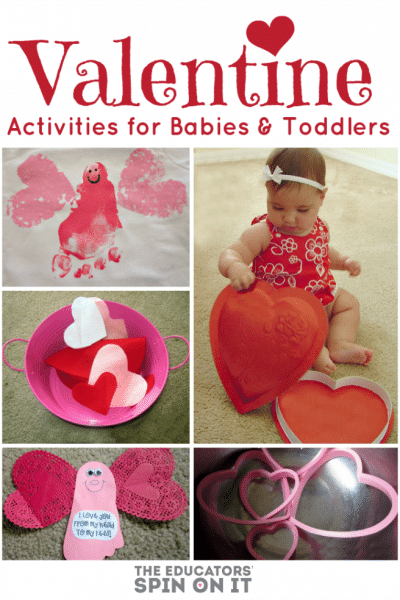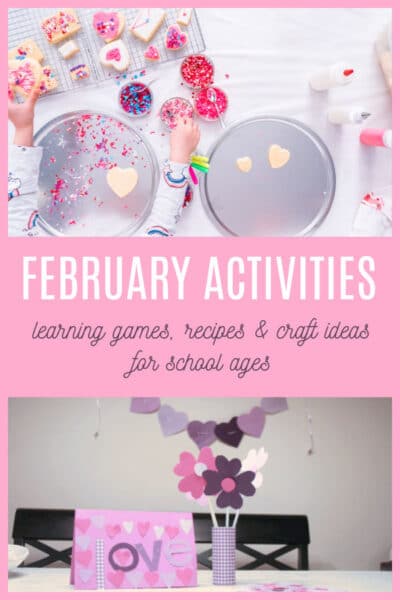I have to admit. My kids’ rooms are a bit on the messy side. If you want the honest truth – so is mine. I like clean kitchens and floors, but the toy clutter is always messier than ideal. As I read through our guest writer, Matea Greguric’s article today, I nodded my head.
These are tips that I need to be reminded of. Teaching my kids to pick up after themselves is such a very important life skill that will serve them well later in life.
How familiar this picture looks?
Ever since my firstborn started to crawl, I’ve been cleaning toys several times a day. You might think I’m a OCD example, but I enjoy tidy room, if not for any other obvious reason, then for my five minutes break (when lucky).
You see, I love to spend my break drinking a cup of coffee, reading, or just daydreaming in my living room and I don’t like to be disturbed with tons of toys all around me, reminding me on what will happen pretty soon, when my kids wake up.
Recently, I’ve decided it’s time to take measures and teach my kids to clean up after themselves. At least my firstborn.
You see, here in the countryside, where we live, it’s usual for a woman to take care of the house (and many more) as well as for men to take care of the farm. But hey, many women have daughters they can rely on someday. I’m not one of them. I have two boys and I can already see myself cleaning up by myself, forever.
Not. Going. To. Happen.
Village customs, goodbye.
Teaching Kids How to Clean Up
Here are tips for teaching kids to clean up that have been helping me gain my goal and raise tidy(ier) men:
Clean Up Tip #1. Give them a good example.
Let’s forget about genetics for a moment. The most effective method of raising kids is teaching them by our own example.
Before you start to involve your kid in the process, you should focus on giving them a good example. If they never saw you clean they are not familiar with the idea. Be consistent with cleaning in their presence.
I always highlighted what I was doing and why hoped he will get used to tidiness and all of the cleaning process.
Even if it seems they don’t understand, I assure you it’s in their heads somewhere, making changes. I know as I have been seeing great results.
Clean Up Tip #2 = Start early
How young? If they are able to make such a mess, they are able to place it back where it belongs.
I don’t mean they can perform spring cleaning, but they are well aware of placing block sets back into the box. Furthermore, they usually find it interesting which brings me to the next step.
Clean Up Tip #3 – Make it fun.
Kids are stubborn by nature. Therefore, they should not consider cleaning like some sort of command. Not just yet. You should make it funny.
Play balls but in a way toy chest is the target to place all the toys in. Put back the car toys by pretending a toy chest is a garage.
Dolls are very tired and should go to sleep. Do you see what aiming for here?
Clean Up Tip #4 – Clean up as a team.
Obviously, small kids are not able to clean up on their own, especially if you are still trying to teach them. It’s important you participate along with them so they can follow your actions and take it as a funny team activity.
Also note, kids just love to participate in whatever we do around the house. Use it as an advantage while teaching them to clean.
Cleaning Tip #5. Break the job into sequences
Kids cannot focus on one thing for a long time. They will find cleaning funny, but only for a while. Afterwards, it becomes frustrating. Then it’s time to leave it and focus on something else.
Luckily, kids forget about their frustration quickly. You can encourage them to clean later, and make it funny again. Voila!
Cleaning Tip #6. Lower your expectations
Remember, you are teaching your kid to clean for future purposes, to make him/her a better person with incorporated cleaning habits.
You cannot expect their first cleaning attempts to look like you’ve hired a professional. It will probably look like you need to do the majority of the work all over again by yourself. Don’t let that frustrate you, as their motor skills grow their cleaning skills will grow too.
You may also like the following parenting articles here at The Educators’ Spin On It:
